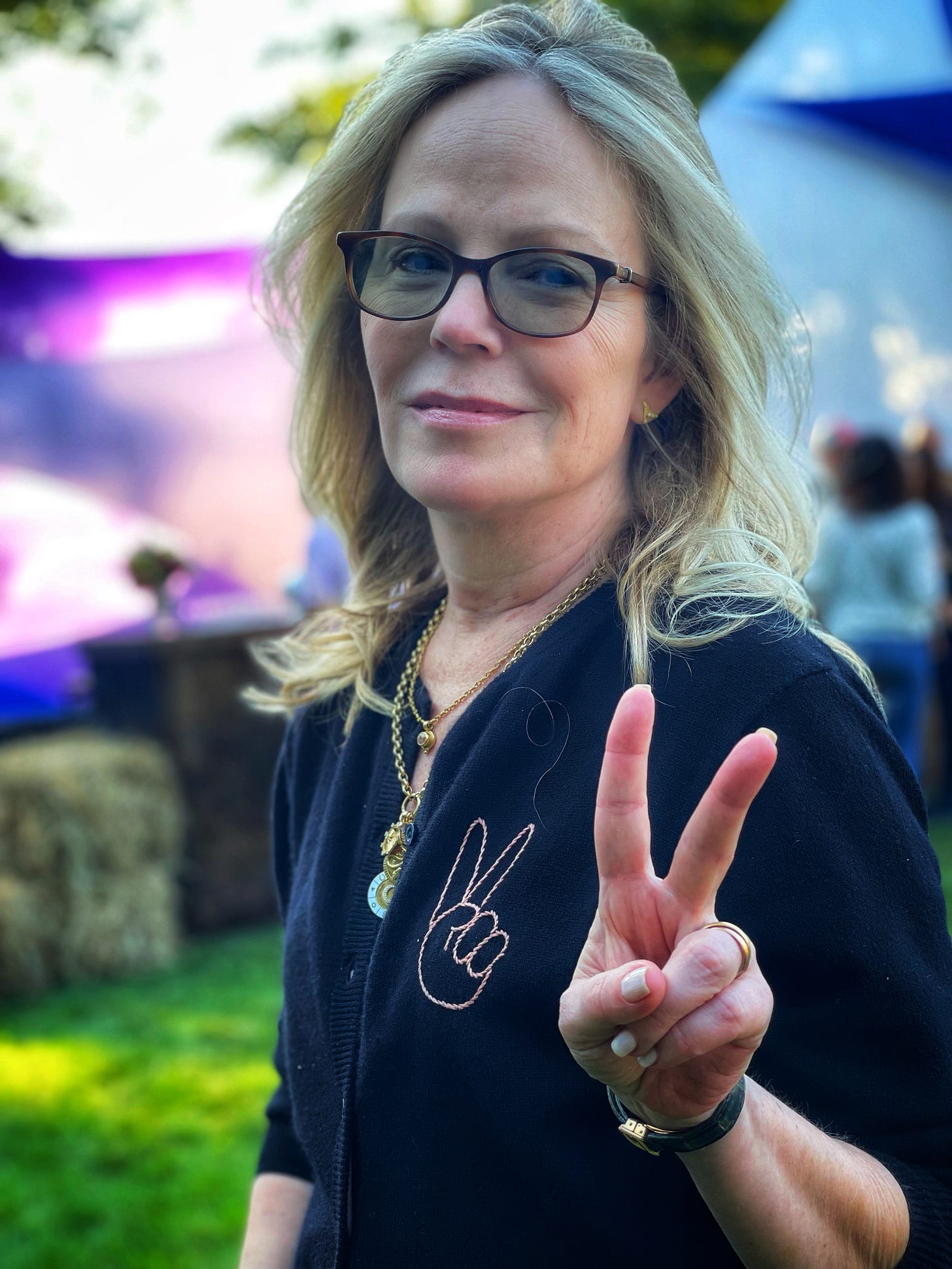Intimate conversations with our greatest heart-centered minds.
Dani Shapiro has long been a guiding light for many of us. Both her elegant, crisp, incandescent prose and her fervent curiosity about the inner workings of the human psyche juxtaposed with the tangle of this beautiful, troubled world.
The first book I read of Dani’s was Slow Motion. An aching account of the early death of her beloved father and her mother’s plodding recovery from a car accident, it also delved into Dani’s substance abuse, her affair with an older, controlling man, and the early steps of her journey to both know and like herself. In her New York Times essay “The Me My Child Mustn’t Know,” Dani wrote of her memoir: “In my attempt to find the Emersonian thread of the universal in my story, I laid myself bare in the most unflattering light.”
This ability to lay herself bare is what makes her nonfiction so searing yet generous and wise. This gift effortlessly carries over to her fiction, most recently her latest novel (her first in fifteen years) Signal Fires. Here the characters are so finely wrought, their souls so tenderly and meticulously investigated, it’s hard to believe they don’t live right next door.
In 1985, fifteen-year-old Theo is driving his mother’s car, his sister Sarah is in the backseat, and her friend Misty, on whom Theo has a crush, is riding shotgun. When Theo drops a hot cigarette lighter down his shirt, he loses control of the car and crashes it into the majestic oak tree in front of their home. Theo and Sarah are unhurt, but Misty is unconscious. When their father, Dr. Ben Wilf, rushes out—moving Misty before realizing her neck is broken and that he’s done “the worst thing imaginable”—Sarah claims she was driving. A few days later, Misty dies. And then no one ever talks about it again.
Family secrets drive much of Dani’s work. What these characters are unable to discuss, manifests in addiction, loneliness, shame, self-hatred, and pain. But because it’s a Dani Shapiro novel there’s also the vigorous web of interconnectedness permeating everything. The sky, the trees, the ocean all lovingly envelope the Wilfs as they push forward with their lives. And the young family, the Shenkmans, who move in across the street become inextricably intertwined with theirs, particularly the son Waldo, protecting them in ways they couldn’t imagine. The signal fires are lit, the boats launched.
Dani has written five novels and five memoirs, several of which have been international bestsellers. She’s the host of the absolutely captivating podcast Family Secrets. Her work has appeared in the New York Times, and Time, among others. She’s the co-founder of the Sirenland Writers Conference, which takes place in Positano, Italy. Every writer I know whose attended says it’s an astonishing experience.
We chatted about the web of creation, secrets of shame, and the importance of listening to your body.
In Signal Fires time isn’t linear, both in the way that the sections are divided by years that don’t run chronologically and how within a scene past, present, and future are often happening simultaneously. What is your experience of time in your own life?
I've long been fascinated by time as a subject. I first started Signal Fires fifteen years ago with this notion that I wanted to tell the story backward in time. I wrote a little over 100 pages with these characters who I loved and knew so intimately. I wrote the section that took place in 2010 with Ben and Waldo. And I wrote the next section that took place on New Year's Eve of 1999. Then I ran out of runway, because you can't keep going backward in time—characters won't have been born yet. I couldn't figure it out, because I was so committed to that structure. So into the drawer it went.
Then a few things happened. One is that I came to understand a lot more about how to create a shattered narrative. I'm making it sound like it's all about craft, and it is about craft, but it's also how I started to come to think of time. I'm often conscious of myself being in a kind of liminal space; that the present feels in some way porous, able to be interrupted or impacted at any moment by both the future and the past. Memory isn’t linear, nor is it narrative. We carry all the selves we've ever been with us. I wanted to explore that looping of time that I sometimes feel.
When you have those moments where you feel porous, does that feel comfortable?



